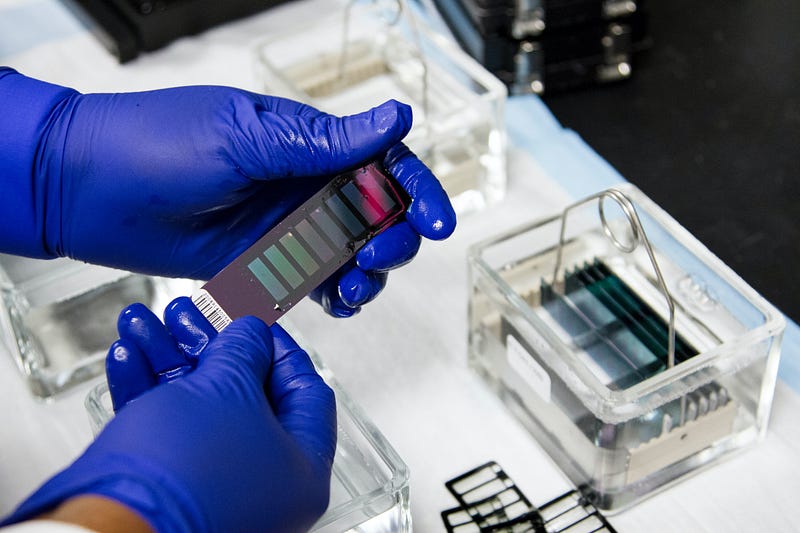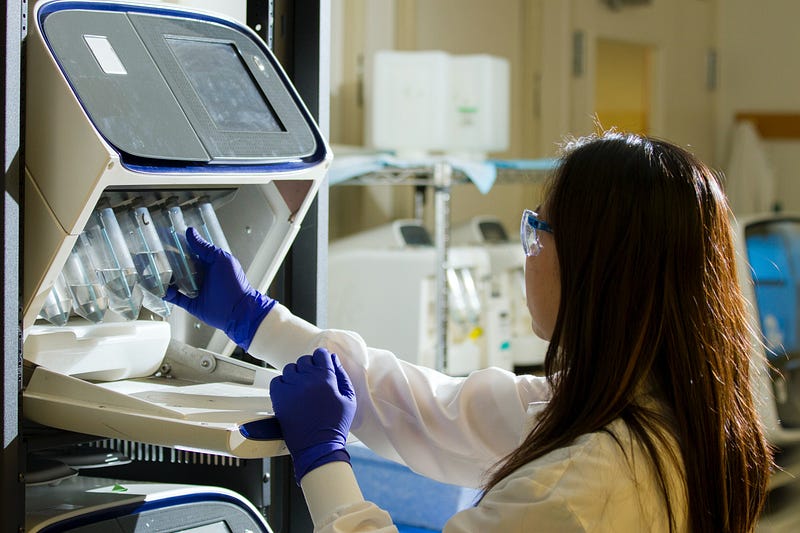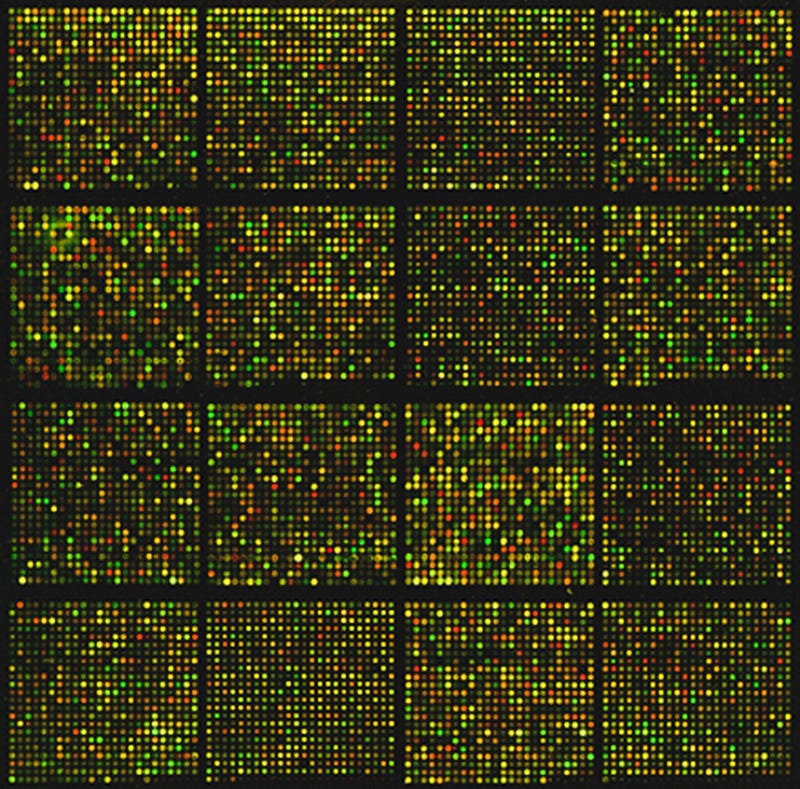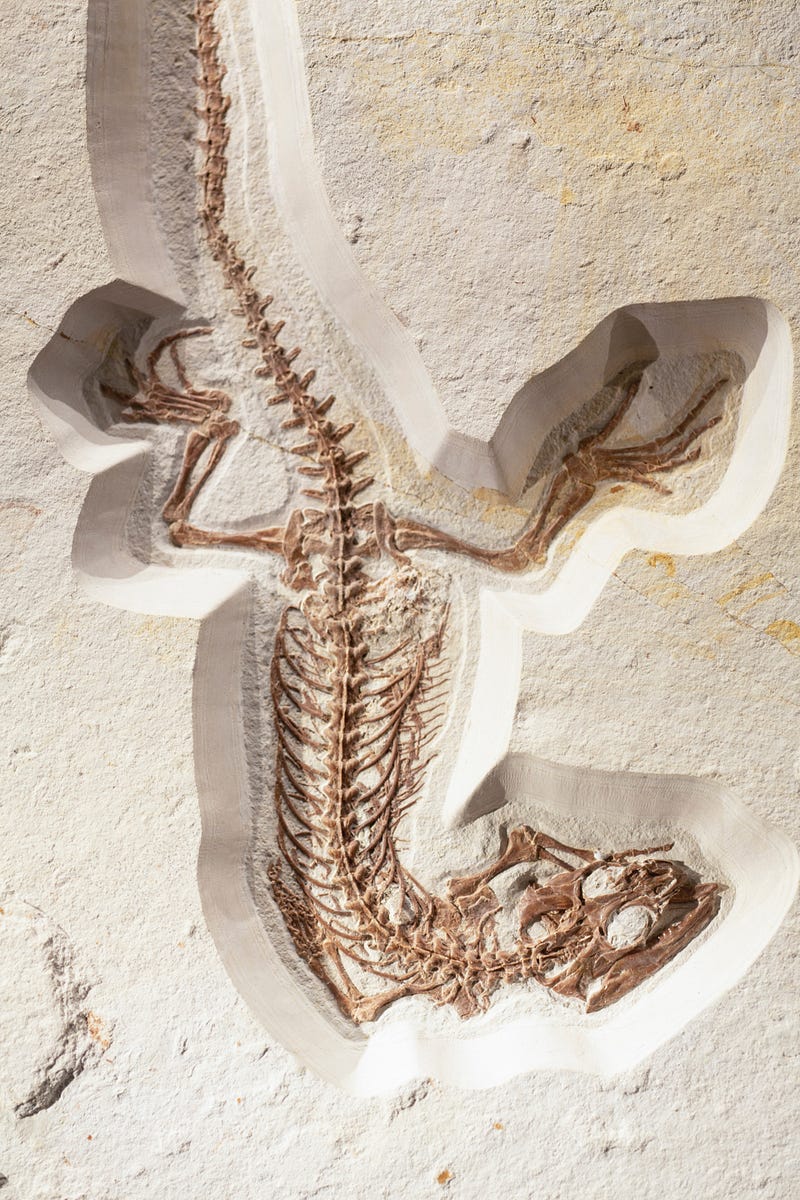Reimagining Careers Across Continents, Species, and Time
Written on
In this episode of Titus Talks, we have a conversation with Brandi Cantarel, the Associate Director of Bioinformatics at Colossal Biosciences. Unlike many, Brandi's career uniquely connects continents, species, and even millennia.
For over 15 years, Brandi has actively participated in projects employing sequencing technologies to enhance our understanding of human health, often pushing the boundaries of this emerging field. She spearheads the bioinformatics development for next-generation sequencing (NGS) data, focusing on areas such as genomics, transcriptomics, and metagenomics in complex genetic diseases, immunology, infectious diseases, and cancer. Her contributions to precision medicine have been substantial, particularly through the creation of tools for tumor mutational profiling. Previously, she served as a faculty member at UT Southwestern Medical Center's Department of Bioinformatics and at the University of Maryland's Institute for Genome Sciences. In recognition of her impactful work, Brandi was honored as a Highly Cited Researcher by Web of Science in 2020.
In this episode, we delve into the landscape of academia from a non-tenure-track viewpoint, the innovative efforts to create a mammoth-elephant hybrid, and how biotech startups are addressing critical global challenges, such as climate change. (Spoiler: we might just bring the mammoth back to life!)
Brandi's advice for listeners is to concentrate on the science, speak up when things seem off, and hire individuals who excel in their fields, allowing them to shine. Kindness should always be a priority.
I hope you find our discussion as enjoyable as we did!

Tell Us a Story:
Brandi shares her journey: "One recurring theme in your podcast is the interest in those who take unconventional paths. I strove to follow a traditional route, attending a specialized science and tech high school, then college, majoring in biochemistry, and eventually graduate school. After completing my degree, I pursued a postdoc, hoping to one day become a Principal Investigator (PI). Six months into my first postdoc at the University of Utah's Human Genetics department, my husband was laid off. His former employer, Dolce, offered him a position in the south of France. Naturally, he was skeptical about the opportunity."

"He flew out for an interview, thinking he wouldn’t land the job due to the competitive nature of hiring in France. Surprisingly, he got the offer. Faced with the decision of whether to leave my postdoc for the south of France or remain in snowy Utah, I ultimately chose the warmer climate, arriving five months pregnant without a job or knowledge of French. Thankfully, I reached out to faculty members at the University of Marseille involved in bioinformatics and genomics."
"I received a response from a researcher who had been seeking a bioinformatics postdoc for over a year, inviting me to join his lab. This shift allowed me to move from gene finding and genome annotation to microbiome and fungal research, showcasing how sometimes life’s detours lead to fulfilling opportunities."
Titus interjects, "It’s about seizing unexpected opportunities, even if they take you off the beaten path. How long were you in France?"
"I spent two years there, gaining insights into different scientific methodologies and cultural experiences, including the benefits of socialized medicine. Had I remained in the U.S., I might have pursued a K Award for a faculty position, but upon my return, I learned I was considered too old for that."
Titus probes further about her transitions, "How did your path lead you to Texas after France?"
Who Are You and What Are You Doing with Your Life?
"After a couple of years in France, I realized my passion for financial stability and the desire to move beyond being a postdoc, especially with a family to support. In France, securing a permanent position in national laboratories was complex, often requiring lengthy interviews in Paris, where age and experience were heavily weighed. During one interview, I was bluntly told I wasn’t old enough for a permanent role, prompting me to seek opportunities in the U.S."
"I returned to Maryland, joining the Institute for Genome Science at the School of Medicine as a computational biologist, eventually transitioning to a non-tenure-track faculty role focusing on microbiome research. However, I soon recognized the need to be closer to patient care, prompting me to seek a position at Baylor, Scott & White in Dallas, where I could apply my expertise in NGS analysis."

"Unfortunately, the institute faced significant leadership changes and layoffs, leading me to transition to UT Southwestern in Dallas. Shortly after my departure, the institute had nearly eliminated its research labs."
Titus asks, "What’s life like in a non-tenure-track faculty role?"
"The non-tenure-track position allows one to focus on performing scientific work rather than managing a lab like a business, which is often the case for tenure-track faculty. While tenure-track faculty must manage budgets, hire staff, and secure grants, non-tenure-track faculty can dedicate more time to scientific endeavors and mentoring junior scientists."
"Some may work in the lab of a renowned faculty member, while others run core facilities that provide specialized support. My experience as part of bioinformatics cores at both the University of Maryland and UT Southwestern allowed us to assist faculty members with NGS analysis."
Titus adds, "It’s fascinating how each of us has taken different routes to arrive here, especially in biotech. Kathryn, how did you first hear about Colossal?"
Kathryn responds, "One morning, while browsing science headlines, I stumbled upon an article in the New York Times about a company aiming to resurrect the woolly mammoth. I was immediately intrigued and reached out to Titus, suggesting we invite someone from Colossal onto the podcast."
Titus remarks, "I remember being amazed when I first learned about Colossal. Brandi, can you elaborate on the company's mission and how you became involved?"
Brandi explains, "Colossal is a de-extinction company focused on leveraging technology to address climate change and conservation efforts. Our goal is to create a hybrid mammoth-elephant species capable of surviving in Arctic conditions. Through this work, we aspire to develop technologies applicable to preserving endangered species, like the functionally extinct white rhino."
Titus concludes, "The ambition to tackle such monumental challenges is what excites me about biotech startups. Transitioning from academia to a startup is a significant leap. How did you navigate that?"
Brandi elaborates, "While at UT Southwestern, I led a cancer tumor profiling analysis group, developing tools for mutation detection that were critical for patient care. After four years, I assessed my career trajectory and realized I had reached my potential at the university. I was approached by Claire Aldridge from our technology development office about a startup CEO interested in potential collaborations. Initially, I met with Ben Lamb, and our discussions evolved into exploring genetic modifications for creating a mammoth hybrid. Ultimately, I accepted their job offer, believing it was an opportunity to make a significant impact with the software I had developed."
Titus reflects, "Such north star goals drive incredible advancements in technology. Our final question—what advice do you have for those starting their careers?"
What Advice Do You Have for Us?
Brandi advises, "Prioritize your scientific work above all else. It’s easy to become mired in politics, especially in academia, where egos can clash. Concentrate on producing quality research and advocating for correct practices. Collaborators will naturally gravitate toward you when you focus on the science."
"For new managers, hire individuals who excel beyond your abilities and allow them to shine. Many junior PIs make the mistake of seeking young talent they can mold, but it’s crucial to embrace diversity in skills and experiences."
Titus agrees, "Ego can hinder progress. Developing relationships and collaborations is essential in science. I've often secured roles thanks to the connections I've made throughout my career."
Brandi concludes, "Taking opportunities as they come is vital, even if they lead you down an unexpected path."
Titus expresses gratitude, "Thank you, Brandi, for sharing your insights. I look forward to seeing what Colossal accomplishes in the future, especially regarding the woolly mammoth!"

If you’re intrigued by biotechnology and its potential, connect with us! For those working on innovative science crucial to the conversation, we welcome your comments below!
Listen to the full episode and follow along with our incredible guests in Season 2:
Titus Talks
Follow along with our hosts, Alexander Titus and Kathryn Hamilton, as they explore a range of topics and insights in the world of science and innovation.

Stay informed about how biotechnology is shaping our world by following Bioeconomy.XYZ.